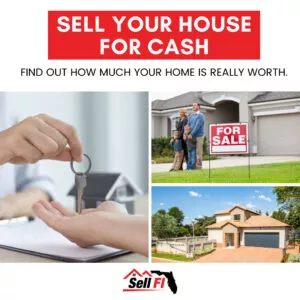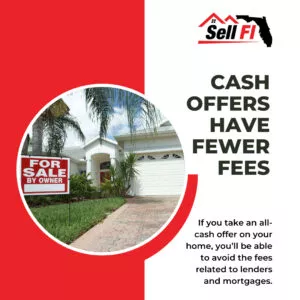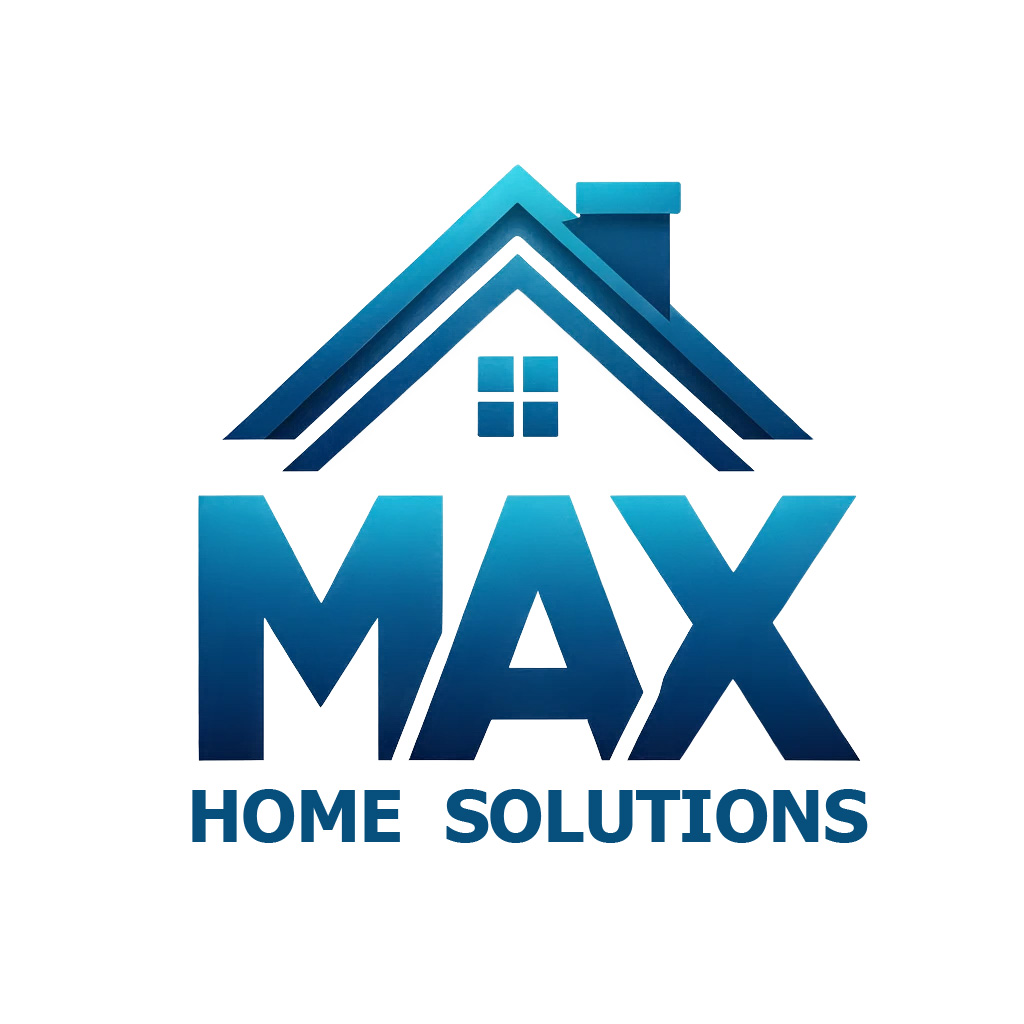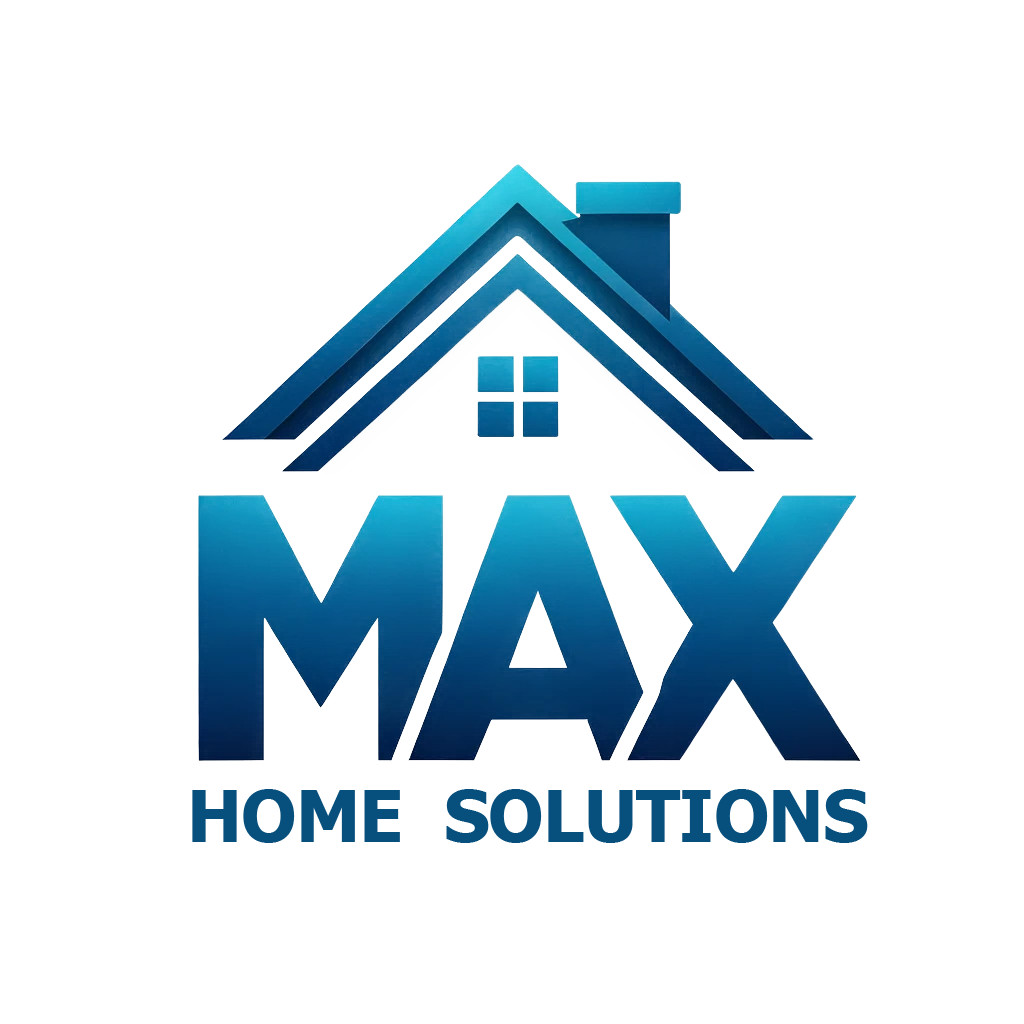Should I sell a house with mortgage issues in Florida?

The average seller lives in their home for 14 years before selling, according to the Zillow Group Consumer Housing Trends Report 2021, but the most common home financing is a 30-year term. So if you’re wondering what happens to your mortgage when you sell your home, you’re not alone.
It turns out that 63% of homeowners are still in the process of paying off their mortgages. If you’re thinking of selling but are locked into another 17 years of mortgage payments, here’s what you need to know….
What happens to your mortgage when you sell your home?
When you sell, ideally you’d have enough equity to pay off your loan balance, cover closing costs and turn a profit. Upon closing, the buyer’s funds first pay off your remaining loan balance and closing costs, then you are paid the rest. If you’re selling your home relatively soon after purchasing, check with your lender to see if a prepayment penalty applies to your loan.
How to find out how much is left on your mortgage?
Getting your payoff amount is the best way to get an accurate estimate of how much you still owe on your mortgage. You can get your payoff amount by contacting your lender by phone or online. Note that the payoff amount is different than the remaining loan balance you see on your monthly mortgage statement. The payoff amount includes the accrued interest as of the closing date, making it a more accurate figure. When you get your payoff quote, your lender will let you know how long the quote is good for — typically between 10 and 30 days.
Even if you’re a few months away from selling, getting a payoff quote from your lender can help you estimate your home sale profit early in the process.
What is equity?
Equity is your financial stake in the home. It’s the dollar value you earn on your home at the time of selling, after paying off your loan and deducting other selling-related expenses. Of course, determining your equity can be a bit more complicated if you’ve taken out a home equity line of credit (HELOC), you have a home equity loan on the home or you have unpaid liens on your property. There are two types of equity that make up your entire home equity.
Home investment equity?
This is the equity gained by your actual financial investment in the home over the years. It includes:
- Your original down payment
- Mortgage principal payments are made each month
- The actual cost of any upgrades or renovations you’ve made
What is earned equity?
Earned equity is the additional profit you see at resale due to market conditions. Earned equity is not realized until you sell your home. It includes:
- The equity you’ve gained as home values in your local real estate market have increased
- Additional ROI gained as a result of improving or upgrading your home
What happens to equity when you sell your house?
When you sell your home, the buyer’s funds pay your mortgage lender and cover transaction costs. The remaining amount becomes your profit. That money can be used for anything, but many buyers use it as a down payment for their new home. Here’s how the money is divvied up.
- Your loan is repaid to your mortgage lender.
- Any additional loans (like a HELOC or home equity loan) are paid off.
- Closing costs are paid (including agent commission, taxes, escrow fees and prorated HOA expenses).
- The remaining profit is transferred to you, the seller.
Assuming your home hasn’t dropped in value since you bought it and it’s worth more than you owe on it, you should make a profit at resale. Note that when calculating profits, some of your equity will always have to go to transaction and closing costs.
What if I don’t have enough equity to pay off the mortgage?
When you don’t have enough equity to pay off your loan, it’s called having negative equity or being underwater. If you need to sell but don’t have enough equity (especially after considering closing costs), you’ll need to either bring money to the closing table to cover the shortfall or consider selling with a short sale.
Short sale for underwater homes
If your home’s value has dropped since you purchased it, you may owe more than it’s worth. If you find yourself in this situation and can’t wait until market conditions improve to sell, a short sale may be your only option. In a short sale, the bank must agree to let you sell the home for less than what you owe on it, since they’ll be getting less money than what they’re owed.
A short sale can damage your ability to buy a new home in the future, both because you will forfeit your original down payment amount to get out from under the home and because it will negatively affect your credit score.
What happens to your mortgage when you sell your house and buy another?
More than half of sellers (65%) are attempting to buy and sell at the same time, and what happens to your mortgage depends on which transaction closes first.
What happens to your mortgage when you sell first?
It’s easier to sell first, because you won’t have to worry about paying two mortgages at once. And your equity is freed up before you need it for a new down payment, which can make buying a new home considerably easier.
What happens to your mortgage when you buy first?
If you’re trying to buy your new home before selling the old one, you’ll have to get creative about how to fund the down payment, since your equity is still tied up in your existing home. Here are a few options.
Contingent sale: When shopping for your new home, you can submit offers with a contingency, which notes that you can’t close until your first home sells. In a competitive market, sellers may be less inclined to accept a contingent offer, but if you can get it accepted, you can put the home you want under contract while you work on selling.
Bridge loan: A bridge loan is a temporary loan that helps you pay for your new home’s down payment while you wait for the equity in your old home to free up. You’ll make payments on both your mortgage and the loan while you wait for your home to sell. Note that if your old home takes a long time to sell, you could be on the hook for two mortgages and one loan payment per month until it sells, which can be a huge financial burden.
HELOC: A line of credit secured by the equity in your current home, a HELOC can be a short-term way to fund your down payment. Keep in mind that there are fees involved, and you might not be able to get a HELOC if your house is already on the market.
Piggyback mortgage: Also called an 80-10-10, this scenario allows you to finance 80% of the loan (which is standard), but instead of putting 20% down in cash, you put 10% down in cash and finance the second 10% in a second mortgage, which is actually a HELOC. It helps you avoid having to pay private mortgage insurance when you put down less than 20%.
What happens if you sell a house with a HELOC?
Homeowners often take out a HELOC sometime during their homeownership to cover large expenses (this is different than a HELOC taken out to fund a down payment). When you sell the house, you’ll need to pay off your HELOC at the same time you pay off your mortgage.
As long as you have enough equity in your home, you shouldn’t run into problems selling a home that has a HELOC attached to it. Your primary mortgage lender will be paid off first, then the HELOC lender, and then you’ll receive any

remaining profits minus closing costs.
What happens to escrow money when you sell your house?
Escrow money is funds set aside during homeownership or during the sale process that cover related expenses. An escrow account is managed by a third-party company to ensure that everyone gets paid the money they’re owed. There are two different types of escrow accounts:
- Mortgage lender escrow account: This is the escrow account set up by your mortgage lender to hold funds for real estate taxes, mortgage insurance (if needed), and possibly your homeowner’s insurance. It is set up when you first purchase a home and remains open while you own the home so your lender can pay recurring bills on your behalf.
- Purchase and sale escrow account: This is the escrow account opened when you decide to sell. It is managed by a third-party escrow agent who is responsible for holding all funds related to the transaction until closing, including your buyer’s earnest money.
What happens to your mortgage lender’s escrow money when you sell?
Because property taxes are paid bi-annually and homeowner’s insurance is paid annually, there’s usually a balance remaining in your escrow account when you sell. Upon closing, the lender refunds you any extra money that’s in the account, prorated to the day you close. It’s called “excess escrow,” and lenders are usually required to close out and disburse funds from old escrow accounts within 20 days of closing.
What happens to the purchase and sale escrow money when you sell?
At closing, the escrow agent is responsible for making sure all charges and profits are paid out to the appropriate parties. Note that the seller (or their agent) is usually responsible for setting up this kind of escrow account, and the fees are typically split 50-50 between buyer and seller.
Call Us Today
(561) 556-5489
If you are looking into home selling in Orlando and need money fast, call the Max Home Solutions today. You can fill out our convenient form online or give us a call and we will schedule your FREE home evaluation at a time that works for you. We will help you sell your house fast and put cash right in your pocket.

